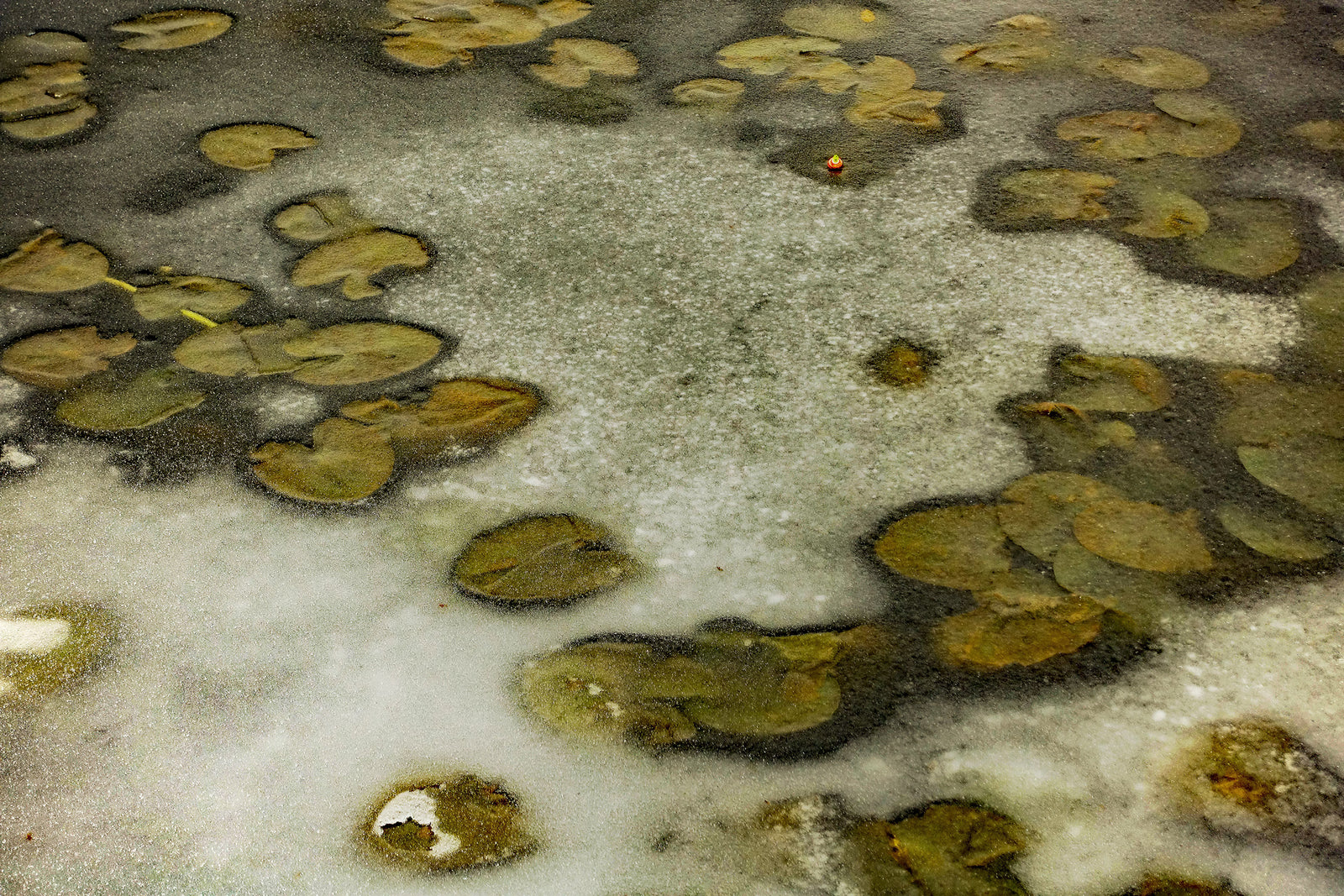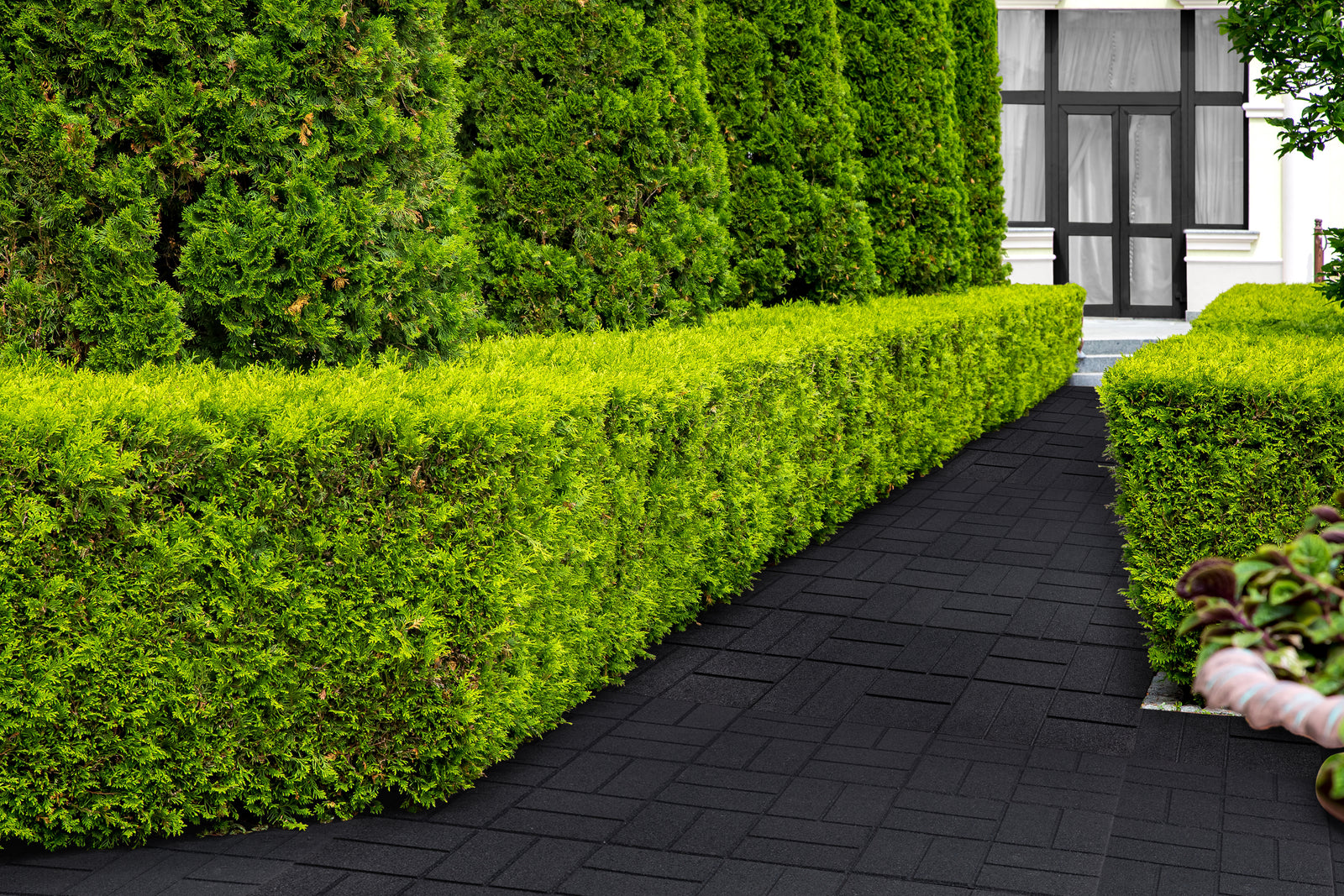February 19, 2023
Why Rubber Mulch Works Well Against Pests
Why is rubber mulch effective in pest prevention in gardens and exteriors?
Rubber mulch is highly effective in deterring a wide range of pests commonly found in gardens and exteriors, including ants, termites, mice, and snails. This effectiveness stems from several key factors. First, rubber mulch does not serve as a food source for many pests like organic materials do. Organic mulches, such as wood chips and straw, can attract termites, carpenter ants, and other bugs, as they provide a readily available food source. Rubber mulch, on the other hand, offers nothing edible for these pests, thereby reducing their incentive to invade the area.
Moreover, rubber mulch is not suitable as nesting material. Organic mulches are often used by carpenter ants, mice, birds, and other creatures for building nests. Rubber mulch lacks the properties that these creatures look for in nesting materials, thus making it an unattractive option for them.
Additionally, rubber mulch helps prevent the growth of algae and fungi, which are food sources for snails. Without these, snails are less likely to invade the garden. Furthermore, rubber mulch helps in keeping away pests that carry other pests and diseases, like mice which can bring ticks and fleas. This attribute of rubber mulch adds an extra layer of protection to the garden, not just against the primary pests but also against secondary infestations and diseases they might carry.
What are some non-toxic alternatives to pesticides for controlling garden pests?
Several non-toxic alternatives can effectively control garden pests while minimizing harm to beneficial insects and the environment. One such alternative is neem oil, a natural insecticide that's particularly effective against weevils and other pests. It can be mixed with water and sprayed on affected areas. Crushed eggshells can deter slugs and snails and also provide calcium for plants. Salt sprays, made by mixing Himalayan crystal salt with warm water, can combat spider mites.
Cayenne pepper and citrus essential oil mixture is a good deterrent for ants. Eucalyptus oil can be used against wasps, bees, and flies. For combating powdery mildew, a mixture of vinegar and water can be sprayed on affected areas. Introducing beneficial bugs like ladybugs, lacewings, and birds can help control various pests naturally by feeding on them. Keeping foliage dry is also crucial for preventing the growth of fungi and inhabitation of pests, and using rubber mulch can help in this regard.
How does each non-toxic method work in controlling specific garden pests?
- Neem Oil: Effective against weevils and other garden pests. It is used by mixing a few drops of oil concentrate with water and spraying it on the affected areas.
- Crushed Eggshells: Deter slugs and snails by scratching their skin and provide calcium to plants. They are sprinkled finely around plants.
- Salt Spray: Targets spider mites. Made by mixing 2 tablespoons of Himalayan crystal salt with a gallon of warm water, it is sprayed on affected areas.
- Cayenne and Citrus Oil: Useful against ants. A mixture of warm water, citrus essential oil, and cayenne pepper is sprayed onto affected areas.
- Eucalyptus Oil: Deters wasps, bees, and flies by sprinkling a few drops around affected areas.
- Vinegar and Water: Effective against powdery mildew. A mixture of vinegar and water is sprayed on affected areas.
- Reintroducing/Inviting Beneficial Bugs: Introducing insects like ladybugs and lacewings, along with birds, can control various pests as they feed on them.
- Keeping Foliage Dry: Prevents fungal growth and pest inhabitation. Watering plants early in the day and using rubber mulch helps keep foliage dry.

Pesticides are co in rubber
| Method | Pests Controlled | Method of Use |
|---|---|---|
| Neem Oil | Weevils and other garden pests | Mix a few drops of oil concentrate with water and spray on affected areas |
| Crushed Eggshells | Slugs and snails | Sprinkle finely crushed eggshells around your plants |
| Salt Spray | Spider mites | Mix 2 tablespoons of Himalayan crystal salt with a gallon of warm water and spray on affected areas |
| Cayenne and Citrus Oil | Ants | Mix 1 cup of warm water, 10 drops of citrus essential oil, and 1 tsp of cayenne pepper. Shake and spray liberally onto affected areas |
| Eucalyptus Oil | Wasps, bees, and flies | Sprinkle a few drops of eucalyptus oil around affected areas |
| Vinegar and Water | Powdery mildew | Mix 1 part vinegar with 3 parts water and spray on affected areas |
| Reintroduce/Invite Helpful Bugs | Various garden pests | Introduce beneficial insects such as ladybugs, lacewings, and birds to feed on pests |
| Keep Foliage Dry | Various garden pests | Water plants early in the day to keep foliage dry, and consider using rubber mulch to reduce moisture and food sources for pests |
| Rubber mulch | Various garden pests | Suppresses weed growth and reducing the amount of material that pests can feed on. Rubber mulch is also less attractive to pests such as slugs and snails because it is not a good environment for them to lay their eggs or hide. Rubber mulch does not decompose like organic mulches, which can reduce the risk of attracting pests that feed on decomposing organic matter. |

Also in Rubber Mulch Blog

Embracing Eco-Friendliness by Choosing Rubber Mulch for Your Playground
June 17, 2025
“Reuse, Recycle, and Reduce” are three main aims when it comes to preserving the health of our planet. Rubber mulch definitely falls within their scope. Conserving resources, energy efficiency, and better health for kids are all rubber mulch benefits.

Effective Mold and Fungi Prevention: The Hidden Value of Rubber Mulch
October 31, 2024

Create Your Own Sensory Path with Rubber Pavers
October 28, 2024
shop
Copyright © 2026 RubberMulch.com - All Rights Reserved.






